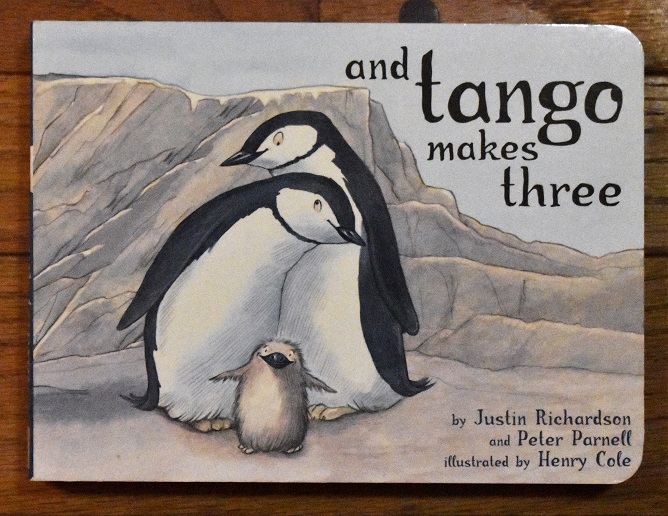Federal Judge Rules on First Amendment Rights in School Libraries: What It Means for LGBTQ Literature
A recent ruling by U.S. District Court Judge Allen Winsor has ignited discussions about First Amendment rights and the role of school libraries in Florida. The case involved the Escambia County School Board, which removed the children’s book “And Tango Makes Three,” leading to a lawsuit by the book’s authors, Peter Parnell and Justin Richardson.
Background of the Case
“And Tango Makes Three” tells the heartwarming story of two male penguins adopting and raising a penguin chick. The authors argued that the book serves an essential purpose in illustrating the existence of same-sex parents and their capable, loving families. However, the Escambia County School Board decided to remove the book, citing concerns some critics and advocates believe are linked to political motives.
Key Points of the Lawsuit
- Targeted Removal: Parnell and Richardson claimed their book was specifically targeted for removal due to “narrowly partisan, political reasons.”
- Wider Context: This lawsuit is part of a growing contentious debate over the presence of LGBTQ-themed literature in school libraries, with critics labeling such removals as forms of government censorship.
The Ruling by Judge Winsor
Judge Winsor ruled in favor of the school board, asserting that authors do not have a guaranteed First Amendment right to use school libraries as a platform for their works. His reasoning included several critical points:
Government Speech Argument
- Judge Winsor noted the school board’s argument that the selection of books constitutes government speech, which limits First Amendment protections for authors and students.
- He referenced a May ruling from the Fifth Circuit Court of Appeals, which admitted that a public library’s collection decisions are, in fact, government speech.
Implications of the Ruling
- The judge stated that if book curation is considered government speech, the school board’s actions are protected.
- Even if not classified as government speech, the ruling highlighted that school boards are not required to create platforms for all viewpoints, thereby confirming their right to curate their collections.
Quotes from the Ruling
- "Authors have no First Amendment right to speak through the library."
- "Students who want the book will simply have to get it elsewhere."
Reaction to the Ruling
The ruling has sparked varied responses, particularly from advocacy groups. The Florida Freedom to Read Project expressed concern, stating that the decision contradicts another ruling which invalidated parts of Florida legislation governing parental objections to sexually explicit material in schools. They urged the public to pressure lawmakers to establish protections for reading freedom in libraries.
Take Action
- Advocate for freedom to read: Contact local legislators and emphasize the importance of libraries as community spaces that represent diverse viewpoints.
- Support initiatives aimed at combating viewpoint discrimination in publicly funded educational institutions.
Conclusion
Judge Allen Winsor’s ruling has significant implications for how school libraries curate their collections, particularly concerning literature that addresses LGBTQ themes. As discussions on government censorship versus freedom of expression continue, it remains to be seen how this decision will influence future policies in Florida’s school systems.
For ongoing updates on this topic, consider following articles related to freedom of speech and library policies to stay informed about the evolving landscape of literature in educational settings.


